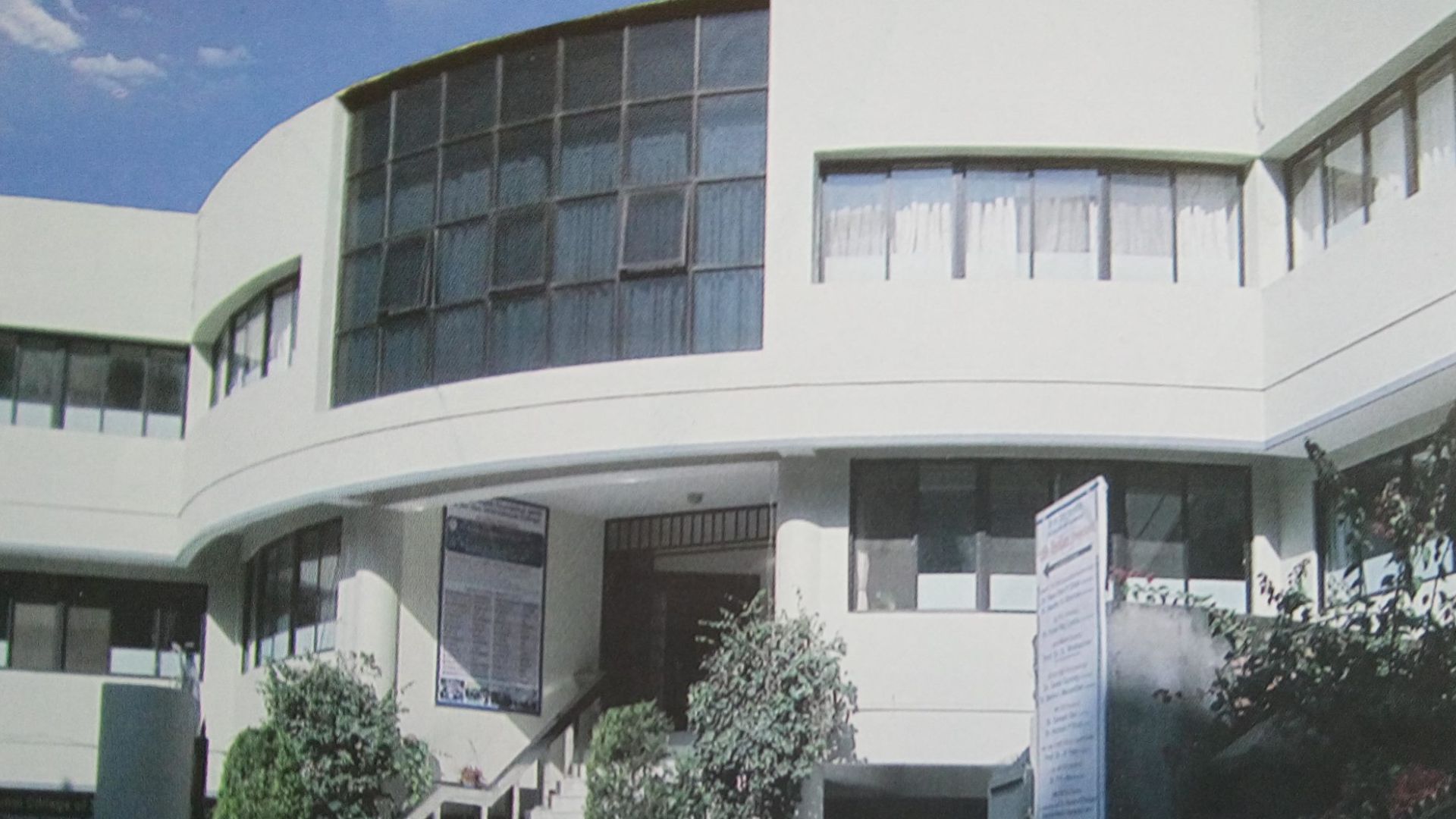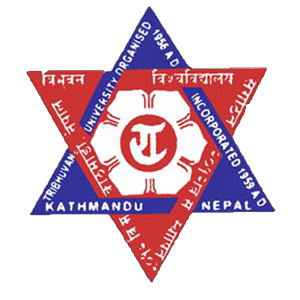Overview
MSc Microbiology at Shi-Gan International College of Science and Technology, Kathmandu
MSc Microbiology at Shi-Gan International College of Science and Technology (SICOST), Narayan Gopal Chowk, Maharajganj, is a two-year postgraduate programme affiliated with Tribhuvan University (TU). The course runs under the Institute of Science and Technology (IoST) and follows TU’s national curriculum for MSc Microbiology.
Tribhuvan University is the oldest and largest public university in Nepal and is listed as a central university by the University Grants Commission (UGC), which gives your degree national recognition.
SICOST focuses on microbiology as its main academic field. The college works under Shi-Gan Health Foundation and has an active Department of Microbiology that contributes to research in areas such as intestinal parasitic infections, drug-resistant tuberculosis, and hospital infections.

Key Highlights of the Programme
-
Two-year MSc Microbiology (four semesters) under Tribhuvan University’s semester system.
-
Affiliation with TU IoST and recognition within the national higher education framework.
-
Strong connection with Shi-Gan Health Foundation and hospital-linked laboratories.
-
Departmental experience in Medical Microbiology, including supervised MSc dissertations approved by TU.
-
Full-time mode of study, generally with around 40 seats and English as the medium of instruction.
Curriculum Structure and Major Study Areas
The MSc Microbiology curriculum prescribed by TU IoST spreads over four semesters and carries a total of 70 credits.
In the first semester, students strengthen their base in:
-
General microbiology (microbial systematics, structure, and physiology)
-
Immunology and immunochemical techniques
-
Microbial genetics and molecular biology
-
Biochemistry and instrumentation
From the second semester onward, the national curriculum introduces discipline-based specialisation. TU recognises four major tracks:
-
Medical Microbiology
-
Public Health Microbiology
-
Food and Industrial Microbiology
-
Agricultural Microbiology
According to TU, each campus offers specialisation areas based on its laboratory and faculty strength. At SICOST, the Department of Microbiology has a clear record of supervising MSc (Medical Microbiology) dissertations submitted to TU.
The fourth semester for all disciplines focuses on:
-
Research methods and biostatistics
-
Journal club or seminar
-
Internship in hospital, industry, or agriculture settings (depending on discipline)
-
Dissertation based on original research work
Objectives of MSc Microbiology
MSc Microbiology at SICOST, under TU’s national programme, aims to:
-
Build advanced understanding of microbes and their role in health, environment, food, and agriculture.
-
Develop competence in modern laboratory methods for diagnosis, surveillance, and quality control.
-
Encourage scientific thinking, data interpretation, and responsible research practice.
-
Prepare students who wish to move into research, teaching, diagnostic laboratories, or applied microbiology sectors.
Scope and Learning Outcomes
After completing MSc Microbiology, students are expected to:
-
Apply microbiological knowledge to clinical, public health, industrial, or agricultural problems.
-
Plan and carry out independent research projects, from proposal to data analysis and reporting.
-
Handle common infectious agents in controlled laboratory conditions following safety norms.
-
Contribute to monitoring infectious diseases, food safety, environmental microbiology, or crop health, depending on their discipline.
-
Communicate scientific findings through reports, presentations, and, with guidance, journal publications.
Skill Development and Laboratory Training
Lab work sits at the heart of MSc Microbiology. TU’s curriculum allocates high credit weight to practical courses, including culture work, microscopy, biochemical tests, and specialised procedures such as molecular techniques, antimicrobial susceptibility testing, and epidemiological investigations.
At SICOST, students work in microbiology laboratories used both for teaching and research. Published studies and dissertations linked to the college use methods such as stool and blood sample analysis, antimicrobial resistance profiling, and epidemiological data collection, which gives you a sense of the type of work you may encounter.
During the later semesters, internship and dissertation work strengthen:
-
Sample collection and processing skills
-
Use of instruments and diagnostic kits
-
Data handling and use of statistical software
-
Scientific writing and presentation
Teaching and Learning Approach
The TU syllabus clearly mentions an interactive teaching approach that includes lectures, student presentations, case studies, and project work.
At SICOST, this framework connects closely with:
-
Classroom sessions covering theory and recent developments
-
Journal clubs where students discuss research articles
-
Regular internal assessments and seminar presentations
-
Supervisory meetings for dissertation planning and progress
You study in English, as specified in the TU guideline for MSc Microbiology.
Admission Requirements and Eligibility
According to the TU MSc Microbiology curriculum:
-
Applicants must hold a Bachelor’s degree in Microbiology from Tribhuvan University or an equivalent degree recognised by TU.
-
Every applicant must appear in the MSc Microbiology entrance examination conducted by the Central Department of Microbiology, Tribhuvan University.
-
Enrollment in colleges like SICOST follows the merit list of this entrance exam, within the seat quota sanctioned for each college.
Attendance and internal assessment are important. TU requires at least 80% class attendance (with limited exceptions) and passing internal evaluations to sit for semester-end examinations.
Career Opportunities After MSc Microbiology
Graduates of MSc Microbiology from TU-affiliated colleges can move into a range of roles, depending on their discipline and interests:
-
Hospital and clinical laboratories (bacteriology, virology, mycology, parasitology)
-
Public health laboratories and surveillance units
-
Pharmaceutical and vaccine-related industries
-
Food and beverage quality control units
-
Water, environmental, and sanitation-focused projects
-
Agriculture and soil microbiology projects
-
Academic positions in colleges running BSc or MSc Microbiology (subject to further requirements and competition)
Some graduates pursue PhD or further specialised training in Nepal or abroad, building on their MSc dissertation work and publications.
Scholarships and Financial Aid
Collegenp and other independent sources note that SICOST provides scholarship support or fee concessions for capable students according to internal rules and national norms. Criteria can include entrance rank, academic performance, and in some cases economic background.
Prospective students should confirm the latest scholarship provisions, as these may change based on institutional decisions and government guidelines.
Why Choose MSc Microbiology at Shi-Gan International College of Science and Technology?
MSc Microbiology at SICOST may suit you if:
-
You want a focused environment where microbiology is the main academic field.
-
You prefer studying in Kathmandu, close to hospitals, research centres, and diagnostic laboratories that collaborate on training and research.
-
You value a programme that follows TU’s national curriculum, including a clear structure of coursework, internship, and dissertation.
-
You wish to learn in a department that already contributes to peer-reviewed research and TU-approved MSc theses.
Conclusion
MSc Microbiology at Shi-Gan International College of Science and Technology offers a structured TU postgraduate pathway for students who already hold a bachelor’s degree in microbiology and want to deepen both theoretical understanding and laboratory skills. The connection with Shi-Gan Health Foundation and active research work in the department create a setting where academic study, diagnostics, and public health questions meet on a daily basis.
If you are planning your next step after BSc Microbiology and are interested in clinical, public health, food, industrial, or agricultural microbiology, this course provides a recognised and research-oriented route within the Tribhuvan University system.
Frequently Asked Questions (FAQ)
Q1. What is the duration of MSc Microbiology at SICOST?
MSc Microbiology is a two-year programme divided into four semesters under Tribhuvan University’s semester system.
Q2. What is the basic academic requirement for admission?
Applicants need a BSc in Microbiology from TU or an equivalent degree recognised by Tribhuvan University and must pass the TU MSc Microbiology entrance examination.
Q3. Is the MSc Microbiology degree nationally recognised?
Yes. The degree is awarded under Tribhuvan University, which is a central public university listed by the University Grants Commission of Nepal.
Q4. Does the programme include research and dissertation work?
Yes. The fourth semester includes research methods, seminar activity, internship, and a dissertation based on original research, as outlined in the TU MSc Microbiology curriculum.



















